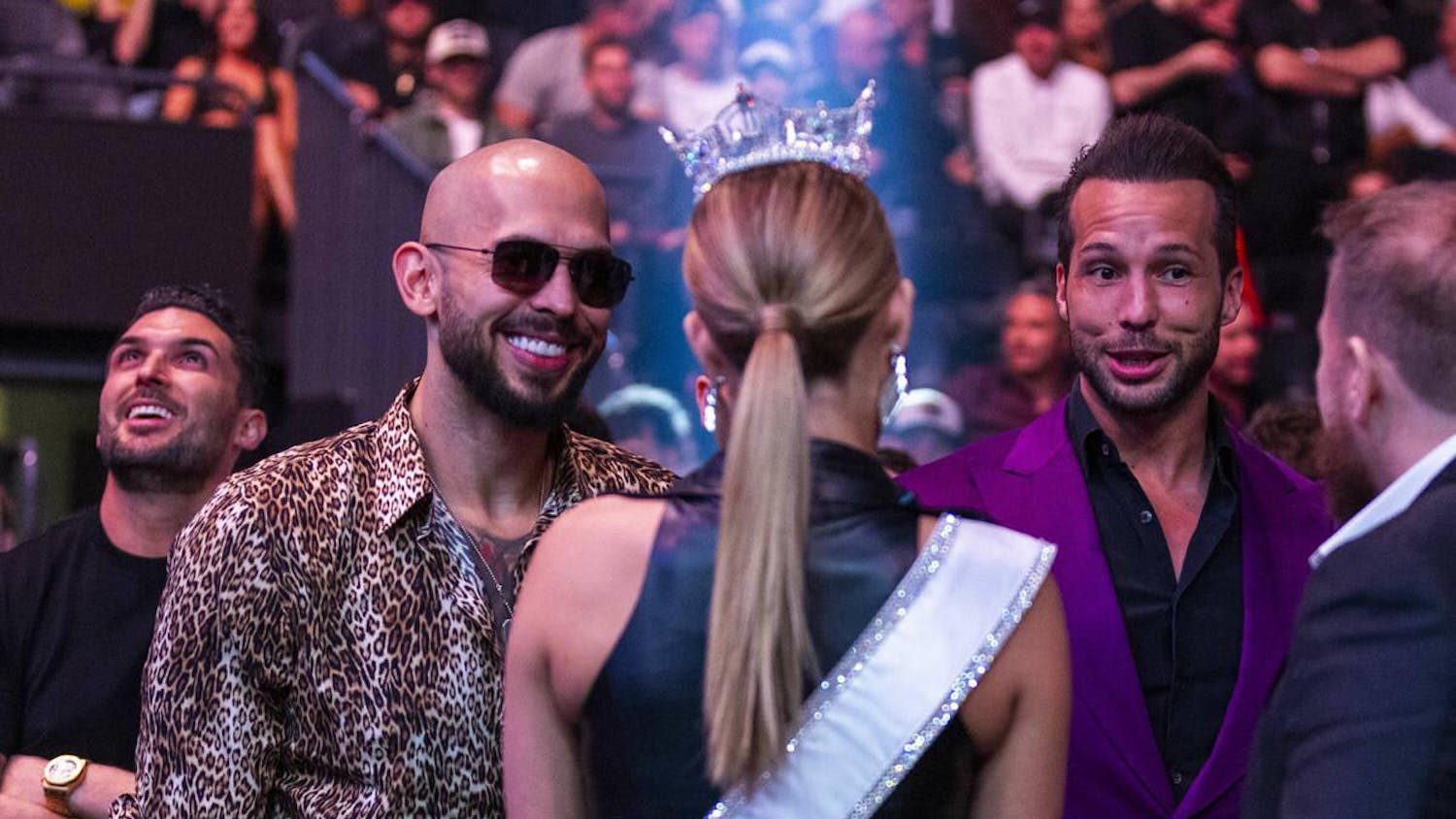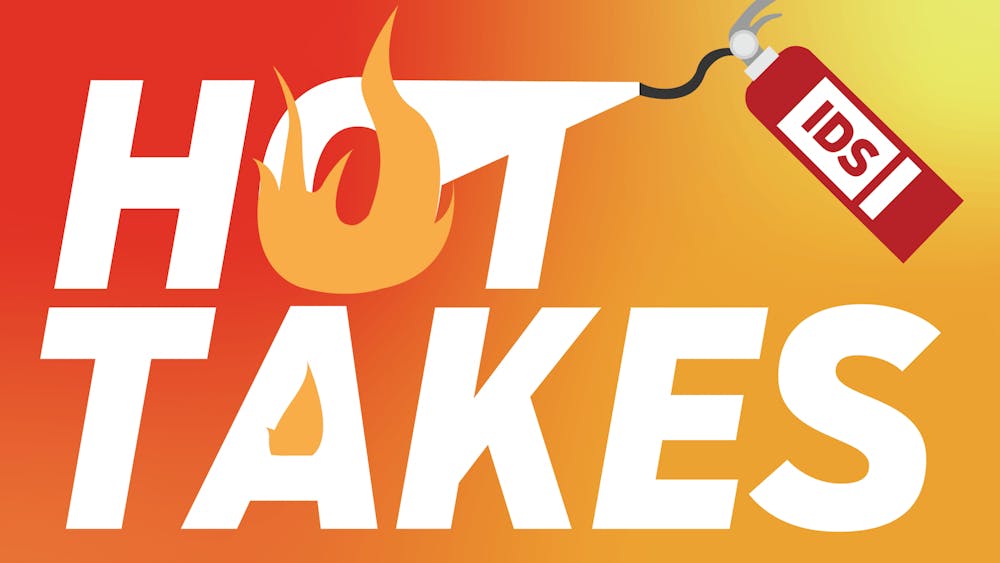Despite a lack of coherent reporting out of Ukraine, there is mounting evidence of the United States’ involvement behind the recent shifts of power in the country.
On Feb. 4, 2014, a recording of a phone conversation between Victoria Nuland, assistant secretary of state for European and Eurasian Affairs of the U.S. State Department, and U.S. Ambassador to Ukraine Geoffrey Pyatt was published on YouTube.
In the recorded call, Nuland and Pyatt discuss preferential candidates in opposition to European Union negotiations. Nuland summarizes her argument with, “Fuck the EU.”
Via a BBC transcript, the following is an exchange concerning who may be the best potential candidate to move into the political spotlight, despite also being ?problematic.
Pyatt: The problem is going to be (Svoboda Party Leader Oleh) Tyahnybok and his guys, and I’m sure that’s part of what (President Viktor) Yanukovych is ?calculating on all this.
Nuland: *Breaks in* I think Yats (Ukrainian Prime Minister Arseniy ?Yatseniuk) is the guy who’s got the economic experience, the governing experience.
Nuland has more or less brushed the alleged bugging of her call aside, saying it was “pretty impressive ?tradecraft,” Reuters reported.
While the State Department was quick to pin the leak as a “new low in Russian tradecraft,” U.S. officials refused to confirm or deny the tape’s authenticity. But state department spokeswoman Jan Psaki said, “I didn’t say it was inauthentic.”
The political chess pieces, Tyahnybok and Prime Minister Yatseniuk, to whom Pyatt and Nuland refer to here, are none other than the leaders of the Ukrainian ultra-nationalist political party, Svoboda.
Loosely associated with Stepan Bandera’s Organization of Ukrainian Nationalists formed pre-World War II, Svoboda has been charged as being racist, xenophobic, anti-Semitic and downright fascist. Of course, they reject Nazism because their leader Bandera was ?arrested by Nazis.
In 2005, Tyahnybok came under fire after an open letter to the Ukrainian ?Parliamentry urging an end to ?“organized Jewry.” A year earlier, he had been removed from President Viktor Yushchenko’s parliamentary faction for a speech calling for Ukrainians to fight against a “Muscovite-Jewish mafia.”
The United Kingdom’s Channel 4 News reported last year that the World Jewish Congress called on the EU to consider banning the then-newly appointed Deputy Prime Minister Oleksandr Sych, who is a member of the Svoboda party.
In a May 2014 conference titled “Ukraine: Thinking Together,” co-hosted by the New Republic, Ambassador Pyatt was prompted by a mentioning of the Holocaust to refute any association of fascism to the Ukraine government.
“All this stuff about fascists and pogroms is laughable,” Pyatt said. “There has not been a wave of anti-Semitic activities in Ukraine since the change in ?government.”
The public dissent in Ukraine began to boil over after “a sudden decision by President Viktor Yanukovich on November 21 [2013] to walk away from a trade-and-political agreement with the EU and revive trade with Ukraine’s old Soviet master,” according to Reuters.
Nuland’s dismissal of the European Union may have to do with tensions between the EU and the U.S. in regards to the union’s ?cooperation with Russia.
This tension builds while Russia continues to point the finger at America. Those supporting the Svoboda party are vehemently anti-Russian, as well as claiming to be anti-Nazi. They are undeniably “pro-Ukrainian.”
It seems the people of Ukraine are no more than a geopolitical bargaining chip between Russia and the U.S. But for what? Why do both of these governments insist the other is responsible for interventionism? Why is so little truth making its way into the ?public sphere?
michoman@indiana.edu





